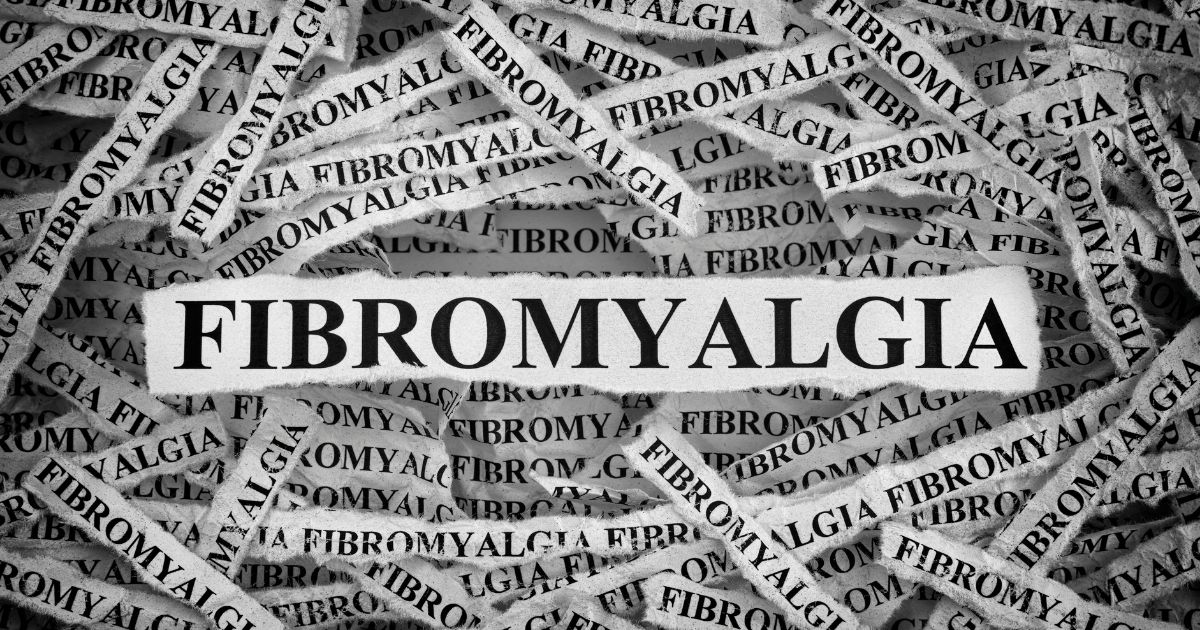What is Fibromyalgia?
Fibromyalgia is a chronic disease characterized by symptoms that affect the body in general, including widespread aches and pains, pain in muscles and bones, general fatigue, sleep problems and cognitive impairment. The condition is often referred to as fibromyalgia syndrome (FMS).
What Causes Fibromyalgia?
The causes of fibromyalgia are not fully known, but factors such as genetic tendencies, infections, trauma, stress and chemical imbalances in the brain are believed to be effective. Some research suggests that nerves may overreact to pain signals or that the brain and nerves may misinterpret normal pain signals.
What are the Symptoms of Fibromyalgia?
Symptoms of fibromyalgia include widespread areas of tenderness throughout the body, areas of pain, constant and variable intensity pain, fatigue, sleep problems, headaches, depression, anxiety, difficulty focusing and bladder problems. There may also be cognitive problems called “fibromyalgia fog”.
What are the Symptoms of Fibromyalgia in Women?
Fibromyalgia symptoms in women can often be more severe than in men. In addition, pain may increase during menstruation and symptoms may worsen during menopause.
What are the symptoms of fibromyalgia in men?
Although fibromyalgia is less common in men, they may experience symptoms such as pain, emotional problems and morning fatigue. However, due to societal perceptions, men may often be hesitant to voice these complaints.

How is Fibromyalgia Diagnosed?
The diagnosis of fibromyalgia is usually based on a physical examination and the patient’s history. In addition, laboratory tests cannot be used to confirm fibromyalgia. The diagnosis can be made if widespread pain and certain symptoms persist for at least three months.
How is fibromyalgia treated?
Fibromyalgia treatment focuses on managing the symptoms. This can include medication, physical therapy, lifestyle changes and alternative therapies. Medications include painkillers, antidepressants and drugs that regulate the activity of nerve cells. Physical therapy can reduce stress while increasing muscle strength. In addition, lifestyle changes such as meditation, yoga and exercise can also relieve symptoms.
Fibromyalgia Diet and Nutrition Recommendations
A balanced diet is important for people diagnosed with fibromyalgia. This can include whole grains, low-fat dairy products, fresh fruits and vegetables, drinking plenty of water and reducing sugar consumption. It can also be helpful to keep a food diary to track how you feel after a meal.
Fibromyalgia is a condition that can negatively affect quality of life and treatment requires a personalized approach. Guidance and advice from a qualified health professional is important in fibromyalgia management.


